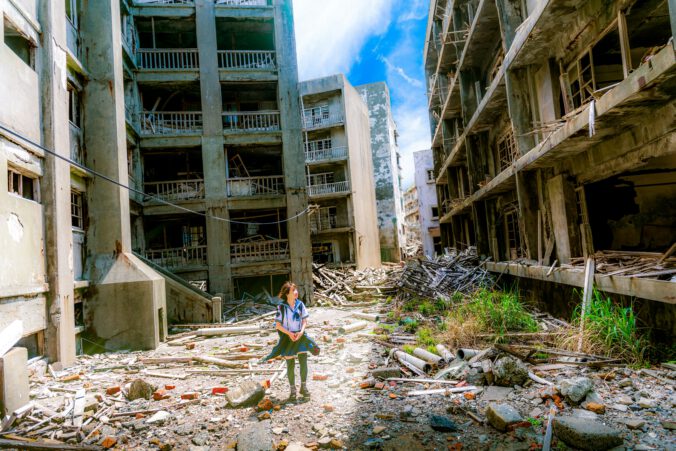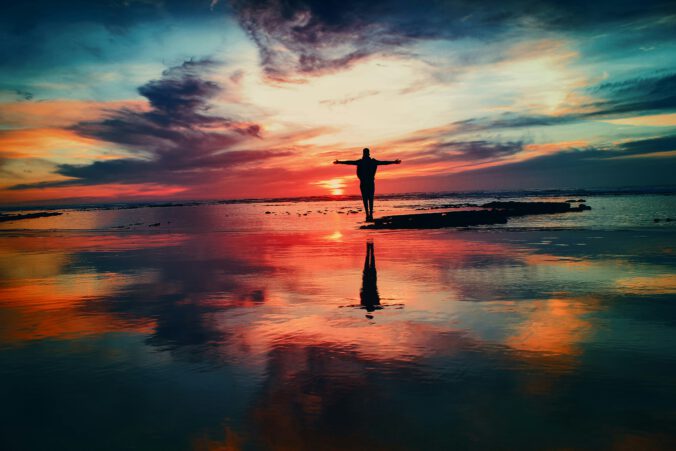Love – so much has been written about love.
For centuries, love has been the subject of literature, music, painting, disputes, and wars.
It is unfathomable, and we often confuse love with passion, infatuation, and feelings that overwhelm us.
Love can take so many forms. I can love things, people, my dog, my canary.
Beings, things that I believe are beautiful, that are worth loving. Love for our children.
Unconditional.
We are loving beings and beings who do not cope well when love is denied us. Then we become sad, angry, raging, murderous.
Blessed is he who is denied love and can cope with it and continues to search for requited love.
Blessed is he who knows that love does not have to be reciprocated in order to feel love and be able to love.
Blessed are those who can feel love as an emotion that contains neither confirmation nor expectation nor longing, that is more than anything else.
Just being love. We expect a lot from life, depending on where we stand. Sometimes just being noticed, feeling seen, not invisible, is enough to feel loved.
It’s probably not perfect love.
Often, we are the ones who admire or compliment others, and they perceive this as love.
Often, but rarely, it is an act of selfless giving that involves love, or even comes very close to love.
Getting up in the morning and hearing a child laugh awakens love; giving it is easier than taking it or accepting it.
Simply letting it be often goes unnoticed, yet it is beautiful.
Love is unfathomable for us humans; when we feel it, it makes us afraid or happy or content in moments.
What does it mean that we are capable of such feelings or desires?
Why do we feel this wide spectrum of emotions?
Does it have a meaning, or are our feelings only there to preserve our species? Why then does it harbour so much destruction?
And why do we feel, in moments of love, perhaps even supernatural, spiritual, or even divine?
Why do other people try to prevent us from feeling love or judge the way we love?
Who are we when we condemn and disapprove of other people’s love? Are we jealous, have we never been loved, and will we never be loved?
Have we never sought love, or have we always been rejected, deemed unworthy of love?
Have we felt this way about ourselves, flagellating ourselves?
Or have we simply not allowed ourselves to love?
Seeing the unforgettable Luther Vandross and his friend Gregory singing this song about love makes me a bit sad, because they seem not to be able to say openly what they want to say.
They haven’t been able to say what they might wanna say in there times being.
There was some progress to letting people love what or whoever they want and they didn’t see that time.
This small timeframe has seem to been gone now again. They would have deserved it.








